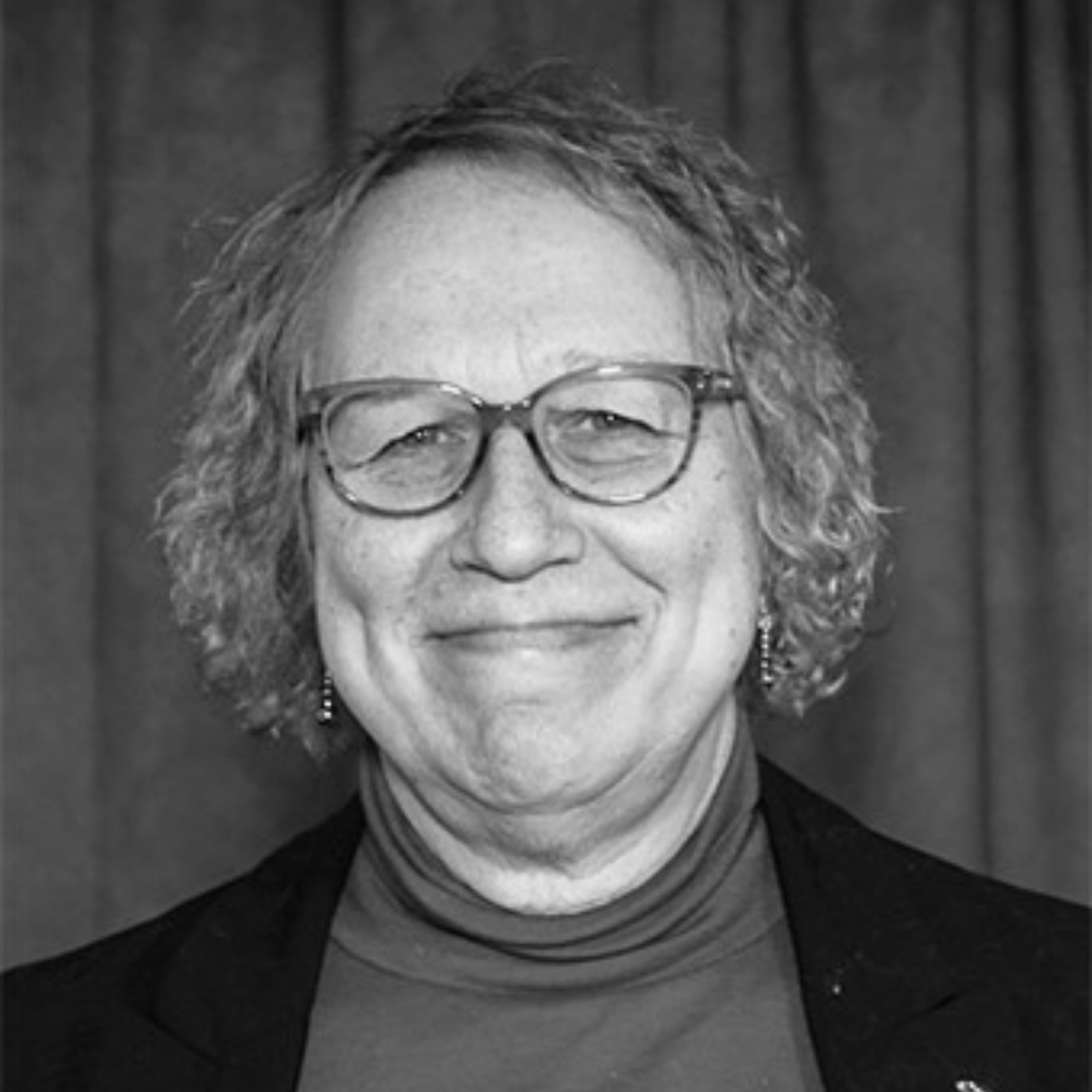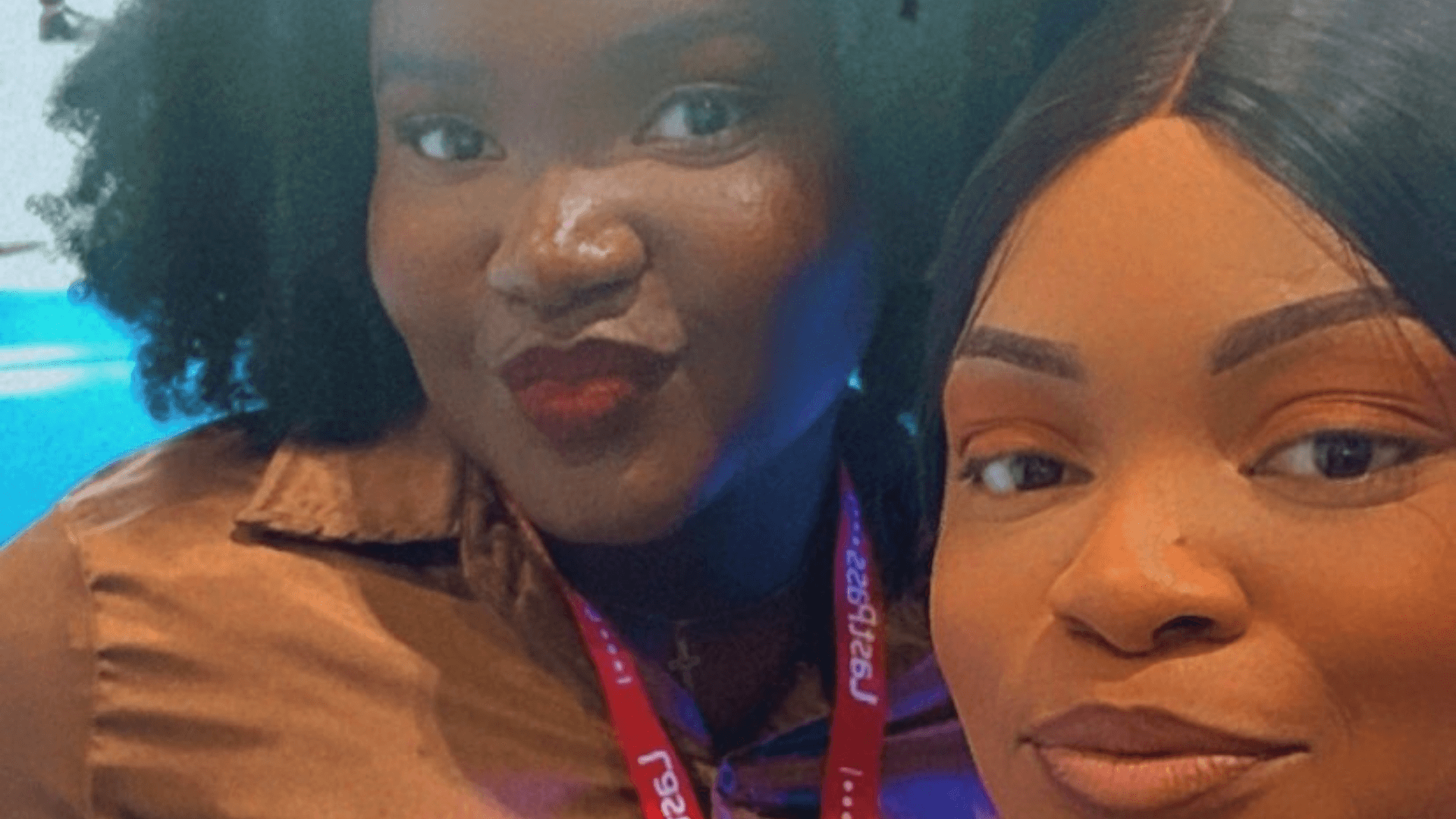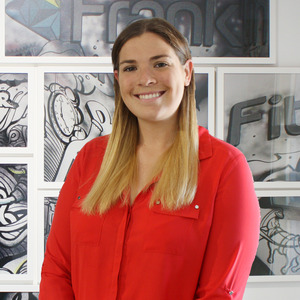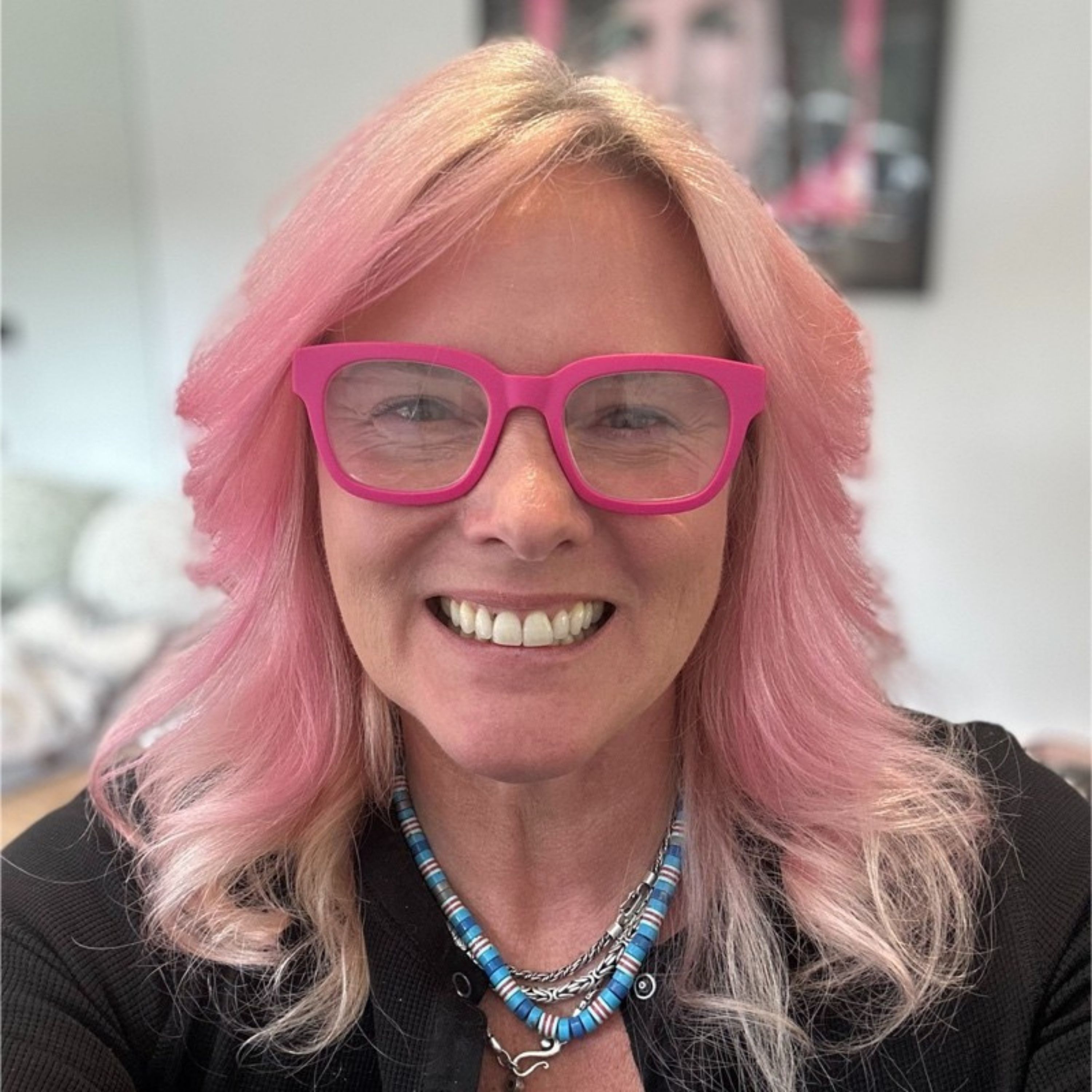
Black History Month: Spotlight On Ologide Oghenero And Princess David Okoro
01 Nov, 20215 minutesMeeting on Greenwich University's Computer Security and Forensics course in 2015, Princess D...

Meeting on Greenwich University's Computer Security and Forensics course in 2015, Princess David Okoro and Ologide Oghenero have gone on to have successful cybersecurity careers in their respective field.
Nero’s professional career spans engagements with several well-known, established Multinational corporations working as a strategic leader in Digital Transformation, Cyber Security and Digital Forensics. Princess is an Associate Consultant at Aon, focused on providing advisory and consulting support for organisations so they can improve their cyber security posture and adhere to security policies, expected controls and regulatory requirements.
After discovering that the same issues they suffered with at university were still institutionally ongoing; they decided to break the cycle and invest their time and energy into ensuring that minority groups and historically under-represented individuals are given the opportunities they deserve to excel in cybersecurity.
This decision led to the creation of HerCyberSpace; an online community platform that is commited to helping shape the future of women in cyber security. The aim of the initiative is to empower women to join the Cyber security workforce through Learning, Networking and Mentoring opportunities and build a generation of the next female cyber warriors.
What roles are you both currently in at the minute?
Ologide: I'm currently a cybersecurity freelancer. I want to be able to work on different projects, with different companies, and I love working with start-ups.
Princess: I work as a cyber security consultant for a company called Aon. I help organisations improve their cybersecurity posture. So based on performing risk assessments, helping them policy developments as well, and to giving advice as well too.
Let’s start at the very beginning, tell me about your journey and how did you fall into tech?
Princess: I always wanted to be a lawyer. As a child that was my dream job; I always believed that was the right career path for me. However, I came into this country in 2014, and jumped into a programme called Foundation of Business, Culture and Society and one of the modules was computer science.
With my parents' help, I enrolled in a computer science degree with no prior experience or knowledge of science-related courses; it was really difficult, but I enjoy the challenge. I had to learn programming from the ground up. I wouldn't sleep until 2 a.m. because I wanted to catch up with the rest of my class because they'd been programming for who knows how long.
During my first year, a lecturer came in to talk about computer security and forensics, as well as how this degree relates to the types of jobs available. This programme piqued my interest since it allowed me to combine my initial offer of law school with my newfound passion for technology and science into a single degree. Over the summer, I received a crash course on networking from a friend, and the rest is history.
Ologide: My background is not exactly the opposite. I also did fall into cybersecurity but I have a science background and I knew as a child that I wanted to work in the field of science. I started out in Applied Mathematics and had a difficult time. During my time studying math in Nigeria, I moved to the United Kingdom and chose to pursue a career in engineering. I planned to pursue a foundational degree in Network Engineering, similar to Princess's, but the course was prematurely cancelled.
I remember going to the Student Centre and asking, “What would you advise someone to study if they wanted to do something in computing?” – the answer: Computer Security and Forensics. I did my research and found out that the industry making an impact in people's lives through the work they do. After finishing my degree, I pursued an MBA in International Business in order for me to help bridge the gap between the business and technology industries.
I also encountered a lot of difficulties during my first year, because then I realised that it was more technical that than anything else, but I was ready for the challenge. I met Princess on my degree, so somehow, our paths crossed each other and have been doing some amazing things together. We were the only black females, in our department; so, we faced a lot of adversity and challenges but it's just some of the things that we had to learn how to navigate.
Being a black female working in the tech industry what was the journey like?
Princess: I think it's the problem of proving yourself. I've always been a high performer regardless of the industry that I delved into, and it was the pressure that I created for myself to be the best. You’re not taken seriously because you're seen as the girl. I had to demonstrate that I was deserving of the position and that I had put in a lot of effort to get here. And I believe that after a while, I became accustomed to the notion that I may be the only black female in the room, as well as the only female in the business.
I want to use this platform to encourage other people to venture into this industry that I'm currently working on because it's very rewarding, and that I have grown since when I decided to kickstart my career in cybersecurity. I want to assist the journey into cybersecurity as much as I can as I remember coming to this country with zero skills and now fast forward six years, I’m where I am today. Sometimes I just sit down and reflect and I'm quite thankful and grateful that I made the choices I made when I made them.
What advice would you give to women who are considering a career in tech?
Princess: Just do it. It’s important to understand the different career paths within cybersecurity. This is where the confusion lies, because when people sell cybersecurity, it's been sold as a very technical field. You need to have some level of technicality; however, you'll also require a diverse set of abilities. Regardless of your degree, are you inquisitive? Are you willing to learn? The industry is continuously changing, and we're just trying to keep up with the latest developments.
Ologide: Many of the challenges we encounter in cyber security are institutional in structure. I found myself in circumstances where I was afraid to raise questions because I was a woman. Women who wish to change careers and have the skills but lack the experience are not warmly welcomed. There's a lot of masculinity in that profession, and males seem to believe that women can't perform the technical things that men can. It leaves women stuck. They have no one to talk to, no role models who have the time or capacity to sit down with them and guide them through their journey.
What do you think can be done to help ease the journey for women into tech?
Princess: I believe that institutions can do more to promote cybersecurity to students, job changers, and various demographics. They need to have tolerance to answer the questions and give them more of an explanation. There have been some improvements; professionals are beginning to take the time to discuss cybersecurity career options and assist in the mapping of transferable skills, which are the things that can be used to excel in the field of cybersecurity. If you can harness them and combine them with a person's eagerness to learn, you may achieve incredible results.
Let's talk about HerCyberSpace. What an incredible initiative what was your reasoning for creating this? What's the mission for the company?
Ologide: We used to talk about all of these issues at university and how we were dealing with them. We wanted to break the pattern and guarantee that others who came after us didn't have to face the same difficulties we had. And we were really conscientious about it. People were still having the same difficulties years after we left, and the problems were not going away anytime soon and we discovered that everyone was dealing with this issue; the UK security landscape is relatively quiet.
We wanted to create a community for women with a strong interest in cyber security or a place where women looking to enter the field of cyber security can develop their skills and share their passion for technology. We wanted to foster relationships with women in leadership who can serve as role models to come to our platform and help individuals at various stages. We wanted to be able to collaborate with these institutions as well, by connecting students and realistically telling them what they are going to encounter in the future.
Princess: When it comes to mentoring and community building, it's always been undervalued. Throughout my career, I've encountered people who have influenced me and helped me make better judgments at various times. I've been able to depend on the community I've established for myself when I've struggled with a piece of work or needed an additional brain to think about something, and it's made all the difference. I was always the top student in school, but when I started working, I was plagued with impostor syndrome, and I lost my voice and confidence. However, in the last year, as a result of fostering a feeling of community and encouraging open discussion, I've started to remember that I'm actually good at this stuff.
Looking to the future for HerCybSpace, what’s next?
Ologide: We're not even close to where we want to be in terms of growth. To have the impact that we want to have, I believe that we need to build strong relationships with worldwide organisations that are aligned with our objective, which is to bring 10,000 to 100,000 women into the cybersecurity sector. When you read any of these papers and studies regarding the gaps, such as the gender gap or the skills gap, you'll notice that they work with numbers, and those figures change every year. We want to make a significant contribution to that number, and we can only do so by working relentlessly with organisations that can help us achieve our aim.
We aim to empower women to join the cyber security workforce through three key areas, which are Learning, Mentoring, and Networking opportunities and hopefully build the next generation of female cyber warriors to help close the gender gap in the cyber security industry. Within the next few years, we see ourselves as a community that is growing in number, and also in impact.
We're currently collaborating with schools and universities to develop awareness programmes, as well as with students who are closer to entering the workforce, such as third- or fourth-year students, and post-graduate students, to develop boot camps where they can learn about some of the less well-known domains in cybersecurity, governance, risk, and compliance. There are a lot of hacking-focused programmes out there, so we're aiming to address the governance, risk, and compliance side of things to encourage more women to enter the sector, which has a lot of opportunities.
Thank you to Princess David Okoro and Ologide Oghenero for sharing your experiences with us for this article. For more information on HerCyberSpace please check out their website or LinkedIn page.









